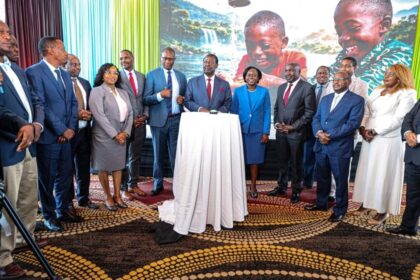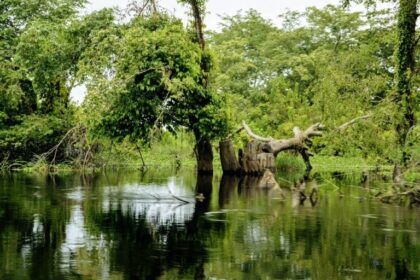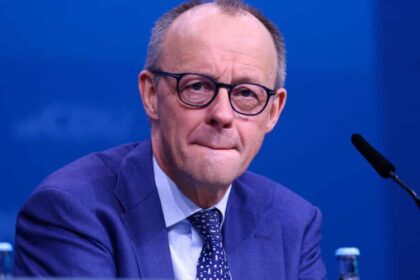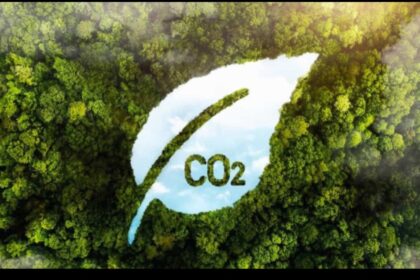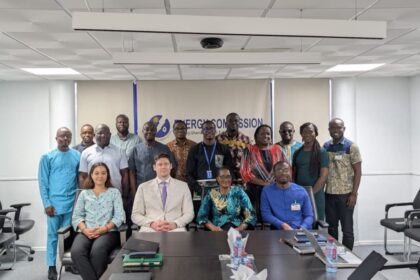In a significant diplomatic encounter reaffirming shared global responsibility, the Minister of State for Climate Change and Sustainability of the Republic of Ghana, Hon. Seidu Issifu, paid a courtesy visit to H.E. Tong Defa, Ambassador of the People’s Republic of China to Ghana.
The meeting, held on 2nd July 2025 at the Chinese Embassy in Accra, marked a pivotal step in strengthening bilateral ties through mutual commitments to climate action, green innovation, and sustainable development.
Advancing a Bold Vision for Climate Leadership in Ghana
During the engagement, the Honourable Minister extended appreciation for the warm welcome and reaffirmed Ghana’s dedication to championing a climate-resilient future.
He introduced the Office of the Minister of State for Climate Change and Sustainability, established by His Excellency the President, as a central coordinating body to harmonize climate action across all ministries and governance levels.
The Minister outlined transformative initiatives under Ghana’s climate vision, including the establishment of a Climate and Sustainability Hub—a regional centre of excellence for research, policy development, and investment facilitation.
He also detailed Ghana’s ambitious solar rooftop expansion project targeting government institutions, and the institutionalization of Climate and Sustainability Units within Metropolitan, Municipal, and District Assemblies (MMDAs) to promote grassroots participation and local climate resilience.
China’s Green Development Agenda and Support for Africa
Ambassador Tong Defa responded positively, expressing strong support for Ghana’s progressive agenda. He emphasized China’s shift from thermal energy investments to a focus on solar, wind, and other renewables, and noted the active role of companies like Huawei in Ghana’s solar energy sector.
The Ambassador also shared updates on China’s achievements in electric mobility, emissions reduction, and desertification control, and emphasized the benefits of technical exchanges and training for mutual advancement.
Highlighting China’s carbon trading systems and environmental regulations, he noted their potential as guiding frameworks for countries seeking to build robust climate governance. The Ambassador reaffirmed China’s openness to supporting African countries, including Ghana, through knowledge-sharing and capacity-building programs.
Strengthening Technical Exchange and Diplomatic Cooperation
The meeting also explored avenues for capacity development and institutional learning. The Chinese Ambassador extended an invitation for Ghanaian officials to participate in short-term training programs in sectors such as climate, agriculture, and digital economy. The Honourable Minister expressed strong interest in deepening diplomatic engagements with relevant Chinese ministries and institutions to foster enduring partnerships.
Both parties recognized the value of continued bilateral exchange and multilateral collaboration and welcomed the idea of Ghana’s participation in key climate conferences and high-level forums in China.
Proposal for Ghana–China Climate Business Forum
Looking toward the future, Hon. Seidu Issifu proposed the launch of a Ghana–China Climate Business Forum, envisioned as a strategic platform to attract investment and partnerships from Chinese and global private sector actors. The forum would provide opportunities for shared ventures in renewable energy, climate-smart agriculture, circular economy, and green infrastructure.
Ambassador Tong Defa responded positively, expressing willingness to support planning efforts and facilitate the participation of Chinese companies interested in investing in Ghana’s green economy.
Agreed Next Steps – Toward Strategic Implementation
1. Training Opportunities for Ghanaian Officials
The Chinese Embassy committed to sharing timely information on upcoming climate-related training programs available to African countries, ensuring Ghanaian officials are positioned to benefit from relevant learning exchanges.
2. Submission of Strategic Proposals
The Minister’s Office will prepare a detailed proposal outlining areas for bilateral cooperation. These will include potential solar energy projects, institutional capacity building, and community-level initiatives under Ghana’s climate resilience program.
3. Planning the Ghana–China Climate Business Forum
Both sides will initiate discussions to define the scope, sectors, and target participants for the proposed Climate Business Forum. The Embassy will provide support in identifying and engaging Chinese private sector stakeholders to ensure robust representation and outcomes.
4. Facilitating High-Level Engagements
The Chinese Embassy will work closely with the Minister’s Office to explore arrangements for ministerial-level engagements with China’s climate and sustainability authorities, fostering high-level policy exchange and strategic alignment.
This diplomatic engagement signifies a deepening of Ghana–China cooperation anchored in mutual respect, shared vision, and a common purpose to tackle the global climate emergency. It lays the foundation for a strategic alliance that goes beyond bilateral ties—contributing to regional resilience, sustainable investment, and South–South cooperation.
Source:Cedric Dzelu, Technical Director-Office of the Minister of State for Climate Change and Sustainability, Republic of Ghana







